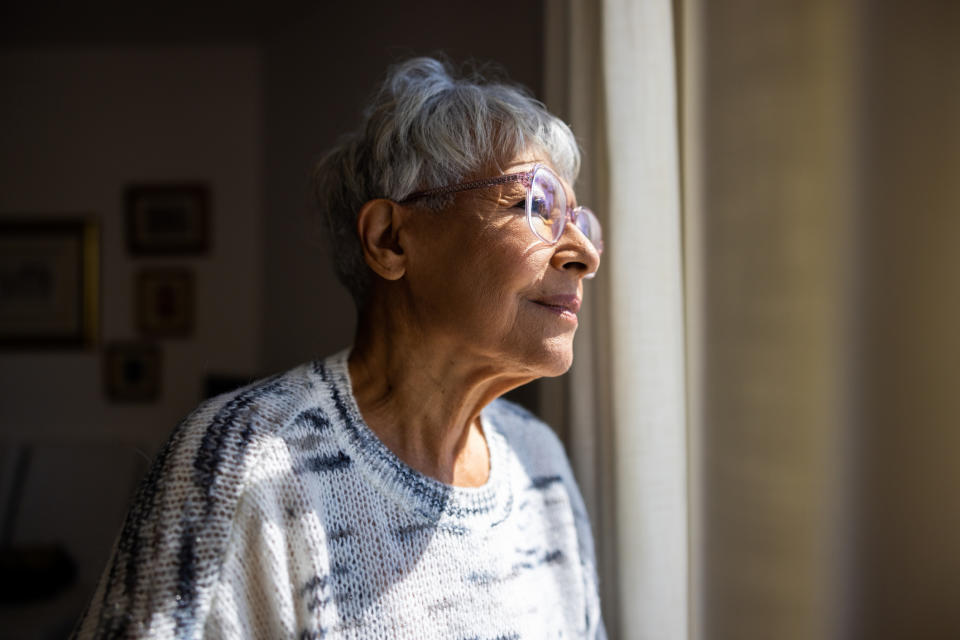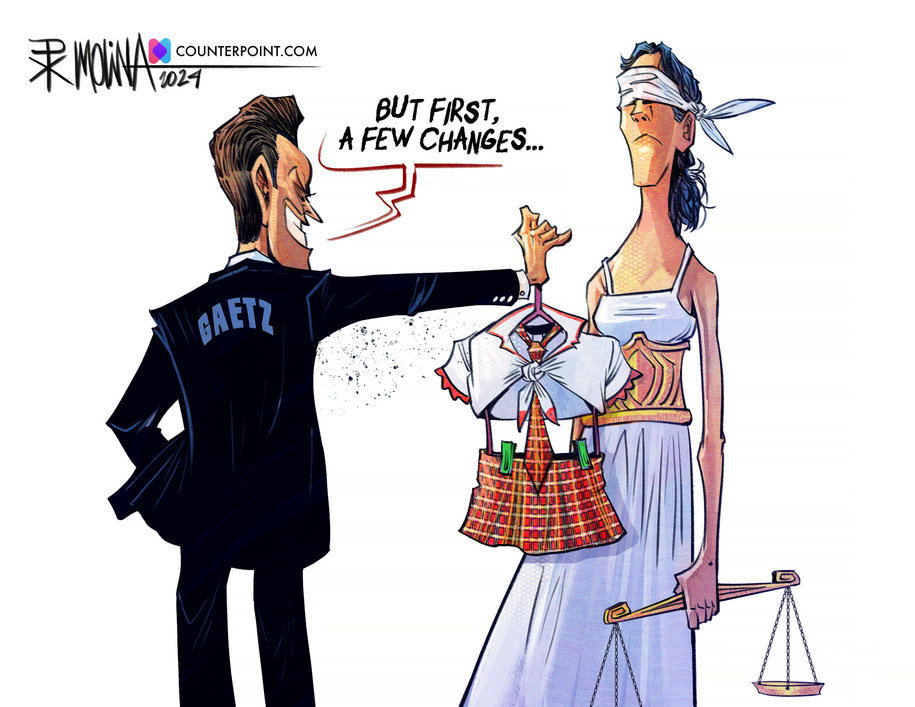In his book How To Prevent Dementia, Dr. Richard Restak (neurologist, neuropsychiatrist, author, and professor) shared that some signs of can show up first in everyday tasks ― including brushing your teeth.
“Four impairments underlie the outer expressions and inner experiences of the Alzheimer patient,” the doctor shared in his book. He called these the “four As.”
One sign is amnesia, he says ― simply forgetting things. Then, there’s , which involves not being able to understand, find, or use the right words.
“Neither amnesia nor aphasia in their milder forms is always abnormal,” Restak says. But “the third and fourth of the four A’s are always a sign something is amiss,” he adds.
One of these is , or “an impairment of correctly understanding information provided by the senses of seeing, hearing, touching, smelling, and tasting.” For instance, someone might not be able to recognise a beloved family member by sight.
The final one, , refers to an inability to perform “purposeful and highly practiced actions despite normal muscle strength and tone.”
Brushing your teeth is a good example of where apraxia may show up
It’s not necessarily about forgetting how to do the task, nor is it about not being strong enough to follow the steps, Restak says. Instead, the issue lies in tying all the actions and thoughts together correctly and in the right order.
“A person with apraxia may be able to recognise and even name a toothbrush and toothpaste but may be unable to carry out the act (praxis) of squeezing the toothpaste onto the toothbrush.”
Or they could struggle to put the brush in their mouth and scrub their teeth. “All the muscle components are present but can’t be coordinated,” Restak shared.
Tooth decay has been linked to increased dementia risk, though Dr. Restak doesn’t suggest apraxia is the cause of this in his book.
Other forms of apraxia can cause people to fall, speak, and, for those in the later stages of Alzheimer’s, dress and bathe themselves, the neurologist says.
“Many, if not all, expressions of Alzheimer’s can be explained by reference to the four A’s,” Restak stated in How To Prevent Dementia.
What if I suspect dementia?

If you think you or someone you love could have the condition, the NHS advises you to see a GP as soon as possible.
If you’re supporting a loved one, “You may like to suggest you go with your friend or relative to see a GP so you can support them. You’ll also be able to help them recall what has been discussed,” they say.
“A diagnosis of dementia can also help people with these symptoms, and their families and friends, make plans so they’re prepared for the future,” they add.This article originally appeared on HuffPost.









